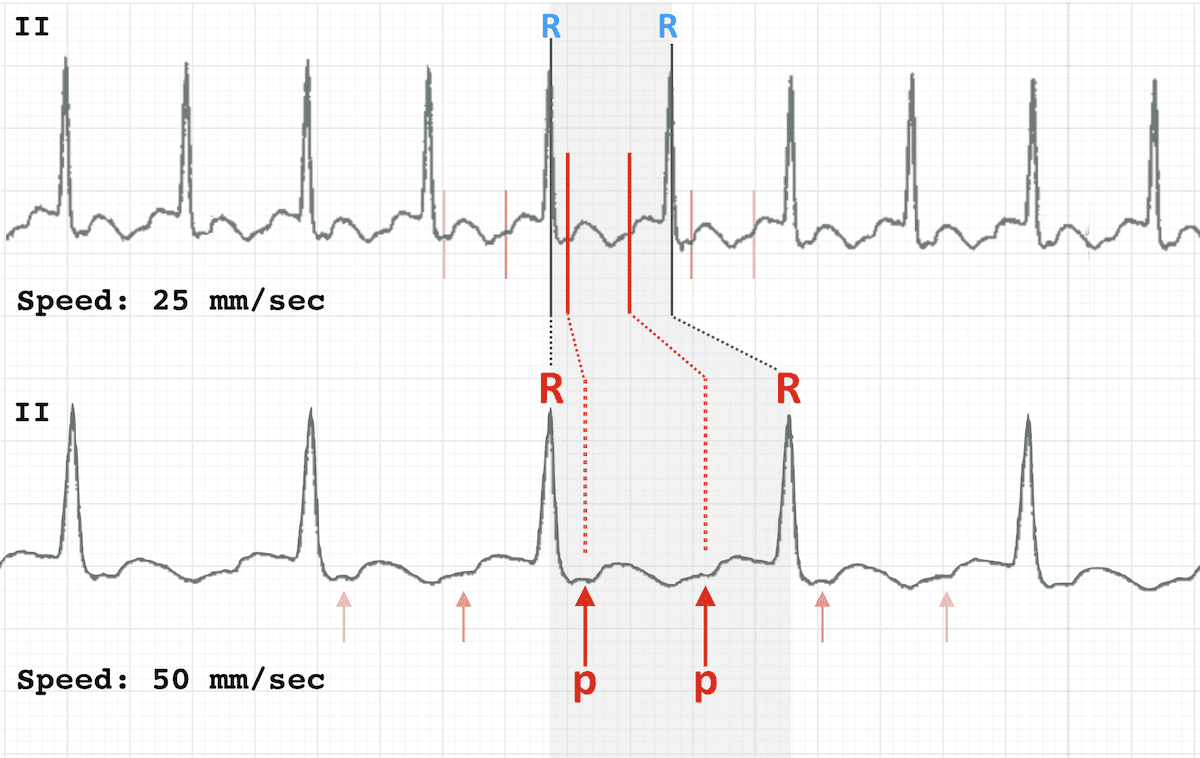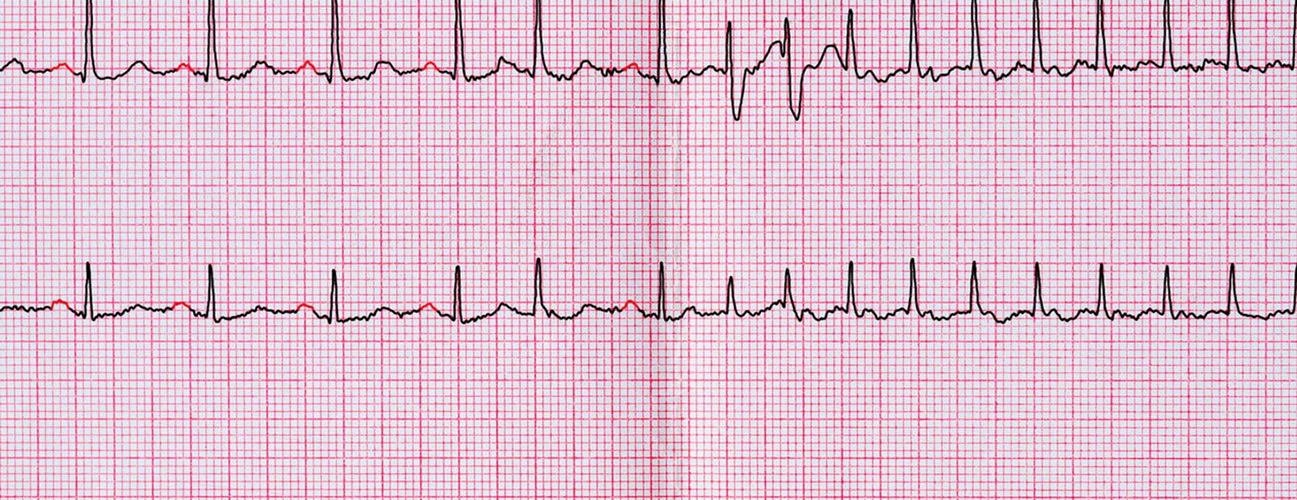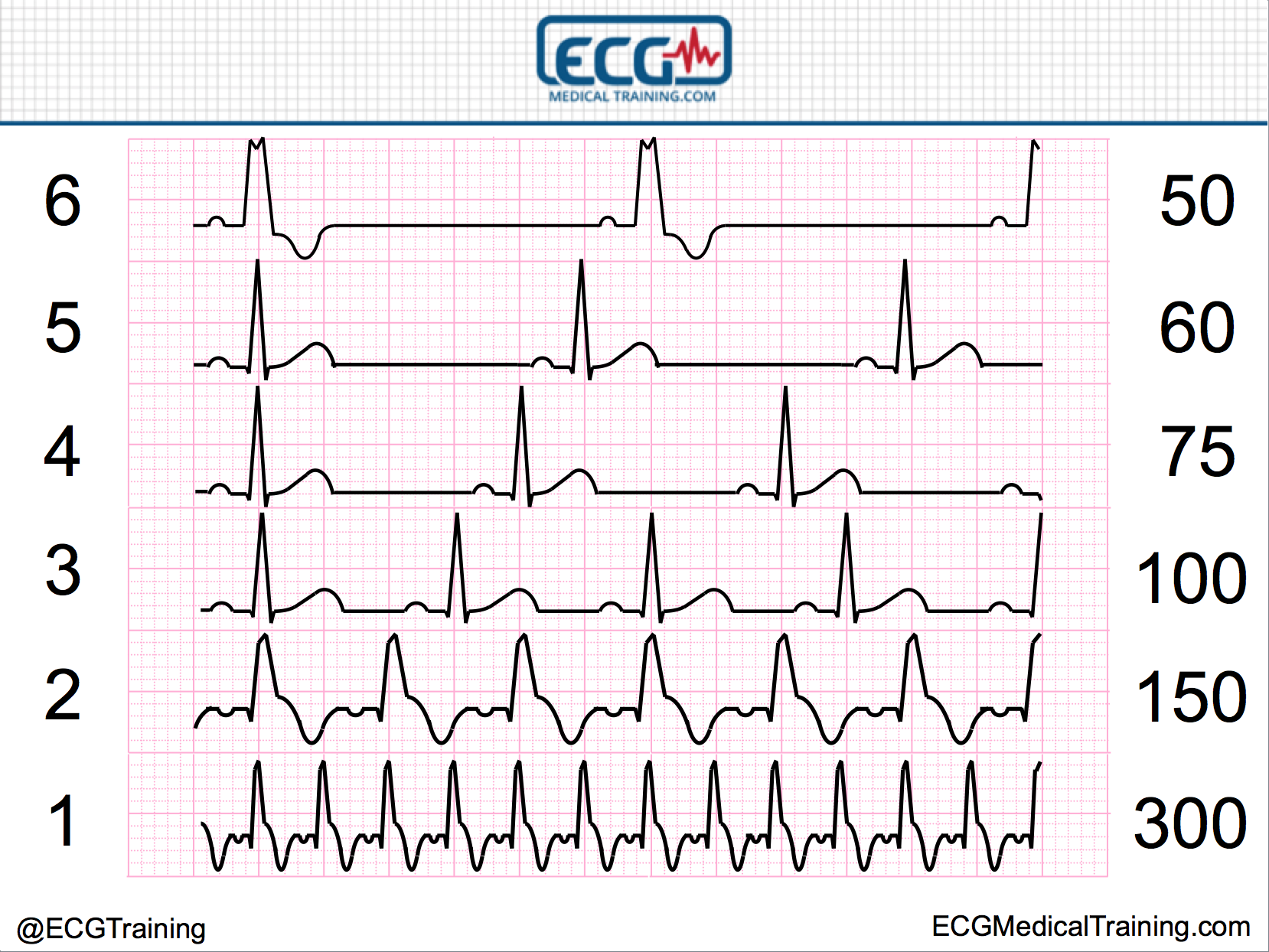Discover the key differences between ECG vs heart rate, where ECG tracks the heart’s electrical activity and heart rate measures beats per minute for overall heart health insights.
Understanding the difference between ECG and heart rate is crucial for heart health. ECG, or electrocardiogram, records the heart’s electrical signals. It helps detect irregular heart rhythms and other cardiac conditions. On the other hand, heart rate simply measures how many times the heart beats in a minute.
While heart rate monitors can be useful for tracking fitness levels, ECGs provide detailed insights into heart health. Both tools serve different but complementary purposes in monitoring cardiovascular function. Knowing when to use each can help you maintain better heart health and catch potential issues early.
What Is Ecg?
Electrocardiogram, commonly known as ECG or EKG, measures the electrical activity of your heart. Doctors use it to detect heart problems. An ECG records this activity as waves on a graph. It helps diagnose various heart conditions.
How Ecg Works
An ECG records the heart’s electrical signals. Electrodes are placed on your chest, arms, and legs. These electrodes pick up the heart’s electrical activity. The data is then sent to an ECG machine. The machine prints the data as wave patterns. These patterns help doctors understand the heart’s function.
Components Of An Ecg Reading
An ECG reading has different components. Each component represents a part of the heart’s cycle.
- P wave: Shows the atria contracting.
- QRS complex: Represents the ventricles contracting.
- T wave: Indicates the ventricles relaxing.
These waves are crucial for understanding heart health. They help in diagnosing various heart conditions.
| Component | Represents |
|---|---|
| P wave | Atria contracting |
| QRS complex | Ventricles contracting |
| T wave | Ventricles relaxing |
Doctors analyze these components to understand the heart’s health. Early detection of heart issues can save lives.

Credit: litfl.com
What Is Heart Rate?
Understanding your heart rate is crucial for monitoring your health. It’s the number of times your heart beats per minute. Knowing this can help you manage your fitness and overall well-being.
Measuring Heart Rate
You can measure your heart rate in several ways. Here are some common methods:
- Manual Pulse Check: Place two fingers on your wrist or neck. Count the beats for 15 seconds and multiply by four.
- Heart Rate Monitors: Wearable devices like fitness trackers or smartwatches can measure your heart rate continuously.
- Electrocardiogram (ECG): This medical test provides a detailed look at your heart’s activity.
Factors Influencing Heart Rate
Several factors can affect your heart rate. Here are a few:
| Factor | Explanation |
|---|---|
| Age | Heart rate changes as you grow older. |
| Fitness Level | More fit people often have lower resting heart rates. |
| Emotions | Stress and excitement can increase your heart rate. |
| Medications | Some drugs can raise or lower your heart rate. |
| Temperature | Hot weather can make your heart beat faster. |
Key Differences
The heart is a complex organ. ECG and heart rate are both important for understanding heart health. But, they provide different information. Knowing their differences helps in better heart care.
Ecg Vs Heart Rate Data
ECG, or Electrocardiogram, records the electrical activity of the heart. It shows a graph of heartbeats. Heart rate measures the number of times the heart beats per minute. It is simpler but less detailed.
| Feature | ECG | Heart Rate |
|---|---|---|
| Type of Data | Electrical Activity | Number of Beats |
| Detail Level | High | Low |
| Use Case | Diagnose heart conditions | Monitor fitness level |
Clinical Applications
ECG is used in hospitals and clinics. Doctors use it to diagnose heart diseases. It can detect arrhythmias, heart attacks, and other issues. It gives a detailed view of heart function.
Heart rate is used in fitness tracking. It helps monitor exercise intensity. It is common in smartwatches and fitness bands. It gives a general idea of heart health but not detailed information.
- ECG:
- Diagnose heart diseases
- Monitor heart function
- Detect arrhythmias
- Heart Rate:
- Track fitness
- Monitor exercise intensity
- General heart health

Credit: www.hopkinsmedicine.org
Benefits Of Ecg
An ECG, or electrocardiogram, offers vital insights into heart health. It tracks electrical signals from the heart. These signals help doctors spot early signs of problems. An ECG provides a detailed look at how the heart works.
Early Detection Of Heart Issues
An ECG can find heart issues before symptoms show. It can detect irregular heartbeats, also known as arrhythmias. Early detection helps in starting treatment sooner. This can prevent serious health problems later.
Detailed Heart Function Analysis
An ECG offers a detailed analysis of heart functions. It shows how well different parts of the heart are working. This includes the atria and ventricles. Doctors can see if the heart is pumping blood properly.
Below is a summary of heart functions analyzed by an ECG:
| Heart Function | Description |
|---|---|
| Heart Rate | Measures beats per minute |
| Heart Rhythm | Shows pattern of beats |
| Electrical Activity | Tracks electrical signals in heart |
Benefits Of Heart Rate Monitoring
Monitoring your heart rate offers many health benefits. It helps you understand your heart health. It also provides insights into your activity levels, stress, and recovery. These benefits make heart rate monitoring a valuable tool for everyone.
Activity Level Insights
Heart rate monitoring provides detailed insights into your activity levels. By tracking your heart rate, you can measure exercise intensity. This helps you adjust your workouts for better results.
Heart rate zones can guide your training. For example, staying in a specific zone can improve endurance. It can also help in weight loss and overall fitness.
Here’s a quick overview of heart rate zones:
| Zone | Percentage of Max HR | Benefits |
|---|---|---|
| Warm-Up | 50-60% | Basic endurance and fat burning |
| Fat Burning | 60-70% | Improves cardiovascular health and burns fat |
| Aerobic | 70-80% | Increases stamina and endurance |
| Anaerobic | 80-90% | Improves speed and power |
| Red Line | 90-100% | Maximal effort and performance |
Stress And Recovery Monitoring
Heart rate monitoring helps track stress and recovery. High heart rates can indicate stress. Low heart rates can show you are well-rested. Monitoring these changes helps you manage stress better.
You can use Heart Rate Variability (HRV) to understand recovery. Higher HRV means better recovery. Lower HRV can indicate fatigue or overtraining. This information helps you plan rest and active days.
Here are some tips for using HRV:
- Check HRV every morning
- Use a reliable HRV app or device
- Compare daily HRV readings
Choosing The Right Tool
Choosing between an ECG and heart rate monitor depends on individual needs. Both tools measure heart function but serve different purposes. Knowing the right tool can improve health tracking.
Personal Health Goals
Your personal health goals will influence your choice. Consider what you need to monitor:
- Fitness Enthusiasts: Track heart rate to optimize workouts.
- Heart Patients: ECG provides detailed heart activity and detects anomalies.
- General Wellness: Basic heart rate monitoring can suffice for daily health checks.
Understanding your goals helps in selecting the appropriate device.
Consulting Healthcare Professionals
Always consult healthcare professionals before choosing a device. They can provide personalized advice based on your health status.
- Doctors: Recommend ECG for diagnosing heart conditions.
- Trainers: Suggest heart rate monitors to enhance fitness routines.
- Nutritionists: May advise heart rate monitoring to gauge overall health.
Professional guidance ensures that you use the right tool effectively.
| Parameter | ECG | Heart Rate Monitor |
|---|---|---|
| Usage | Medical diagnosis | Fitness tracking |
| Data Detail | Comprehensive heart activity | Heartbeats per minute |
| User | Patients | Athletes, general users |
Refer to this table for a quick comparison between ECG and heart rate monitors.

Credit: www.ecgmedicaltraining.com
Frequently Asked Questions
What Is An Ecg?
An ECG, or electrocardiogram, records the electrical activity of the heart. It helps diagnose various heart conditions.
How Is Heart Rate Measured?
Heart rate is measured by counting the number of beats per minute. It can be done manually or using devices.
Can Ecg Detect Heart Rate?
Yes, an ECG can detect and record heart rate. It provides a detailed analysis of heart rhythms.
Why Compare Ecg And Heart Rate?
Comparing ECG and heart rate helps understand heart health better. Both offer different but complementary insights.
Conclusion
Understanding the differences between ECG and heart rate is crucial. Both offer valuable insights into heart health. ECG provides a detailed view of electrical activity, while heart rate indicates beats per minute. Use both for a comprehensive heart health assessment.
Always consult healthcare professionals for accurate diagnosis and treatment.




